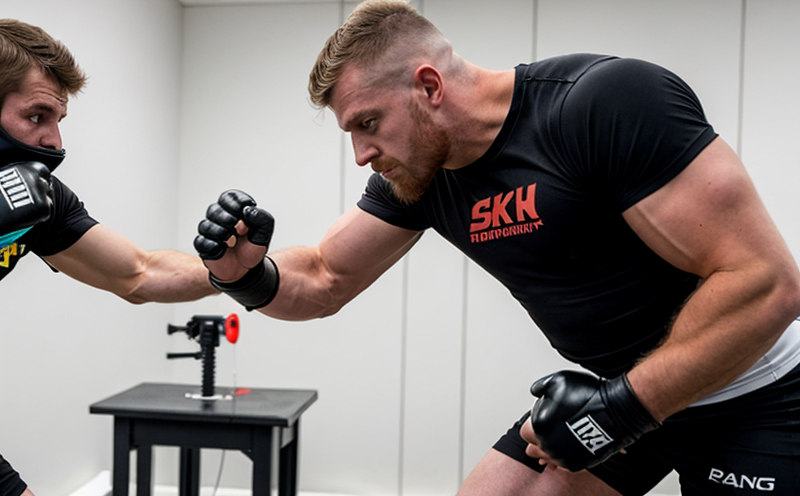EN 374-5 Protective Gloves Microorganism Resistance Testing
The European Standard EN 374-5 sets out the requirements and test methods for protective gloves with respect to resistance against microorganisms. This standard is critical in ensuring that personal protective equipment (PPE) meets the necessary safety criteria before being made available on the market or used by workers.
Protective gloves are designed to protect users from harmful substances, including microorganisms such as bacteria and viruses. The testing outlined in EN 374-5 is essential for ensuring that these gloves provide adequate protection under real-world conditions. This standard applies to both disposable and reusable protective gloves used in various industries where there is a risk of exposure to infectious agents.
The test procedure involves exposing the glove material to a specific mixture of microorganisms, followed by incubation periods designed to replicate potential contamination scenarios. The gloves are then evaluated for their ability to prevent microbial penetration through the barrier fabric. This evaluation includes both static and dynamic testing methods. Static testing measures how well the gloves block microorganisms when in direct contact with them, while dynamic testing assesses the glove’s resistance during movement or manipulation of objects.
The results from this testing are crucial for manufacturers to ensure their products meet regulatory requirements. For quality managers and compliance officers responsible for PPE selection, these test outcomes provide assurance that workers will be adequately protected against microorganisms in their work environments. R&D engineers involved in product development can use the insights gained from EN 374-5 testing to improve glove design and functionality.
For procurement teams, understanding the significance of this standard helps them make informed decisions about which suppliers and products meet the necessary safety standards. By choosing gloves that have successfully passed EN 374-5 testing, organizations can safeguard their employees against potential health risks associated with microbial exposure.
| Industry Sector | Application |
|---|---|
| Hospitality | Protection against foodborne pathogens during handling of raw ingredients. |
| Food processing | Avoidance of cross-contamination in production lines. |
| Hazardous waste management | Prevention of exposure to hazardous materials and pathogens during cleanup operations. |
| Clinical laboratories | Reduction of risk from infectious agents in research settings. |
EuroLab Advantages
EuroLab, with its state-of-the-art facilities and experienced technical staff, offers comprehensive testing services that go beyond mere compliance. Our team of experts ensures that every aspect of your product undergoes rigorous evaluation to meet or exceed the stringent requirements set forth by EN 374-5.
Our commitment extends not only to providing accurate test results but also to offering valuable insights into how best to improve glove performance based on our findings. This proactive approach helps manufacturers stay ahead of regulatory changes and continuously enhance product quality.
The use of advanced instrumentation allows us to achieve precise measurements during both static and dynamic testing phases, ensuring reliable data that can be trusted by all stakeholders involved in the certification process. Additionally, our laboratories maintain strict adherence to international standards such as ISO 16520-3, which further enhances credibility.
By choosing EuroLab for your EN 374-5 testing needs, you gain access to a network of professionals dedicated to excellence in PPE certification. We pride ourselves on delivering timely reports accompanied by recommendations aimed at fostering continuous improvement within the industry.
Environmental and Sustainability Contributions
Incorporating sustainability into our testing processes is a key priority for EuroLab. By ensuring that protective gloves meet the highest standards of microorganism resistance, we contribute to safer working environments while minimizing environmental impact.
The selection of materials used in manufacturing these gloves plays an important role in determining their overall sustainability profile. We work closely with suppliers who prioritize eco-friendly practices throughout production cycles. This includes sourcing raw materials responsibly and employing energy-efficient manufacturing techniques wherever possible.
Moreover, by supporting compliant manufacturers, we help reduce incidents involving improper use of non-compliant products that could lead to unnecessary health risks or increased waste generation due to frequent replacement needs. Our efforts towards promoting proper PPE usage ultimately contribute positively toward reducing both operational costs and ecological footprints across various sectors.





